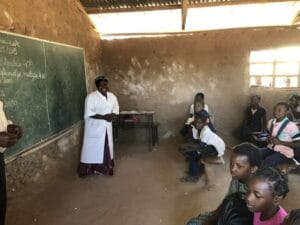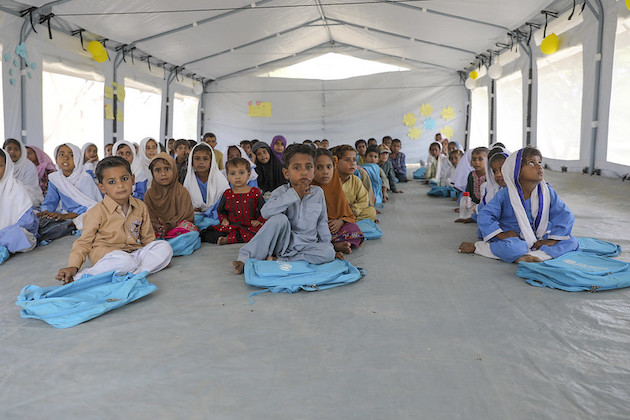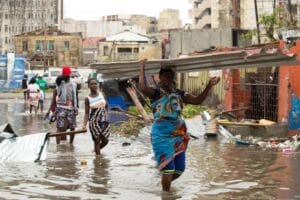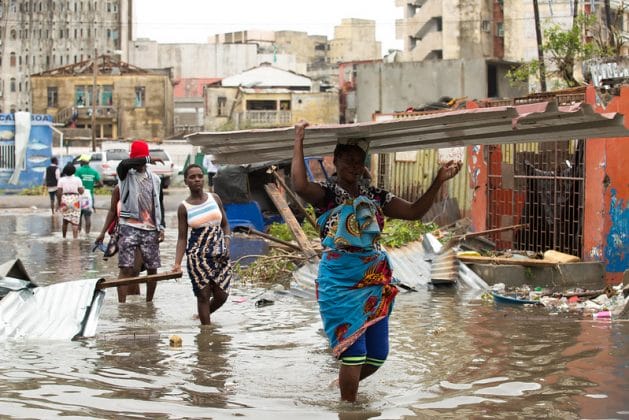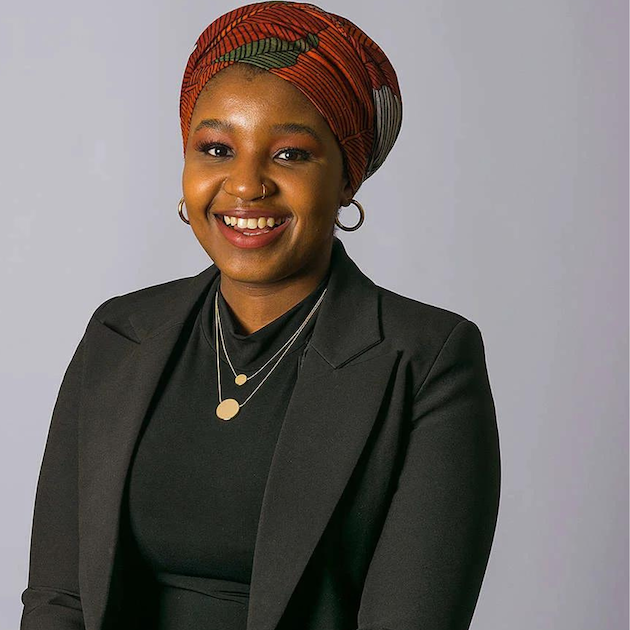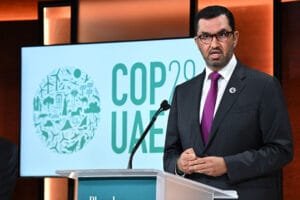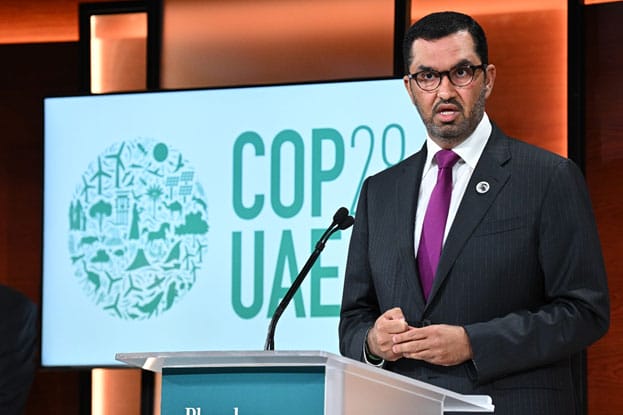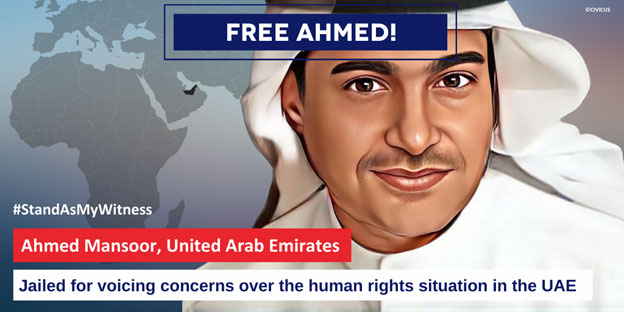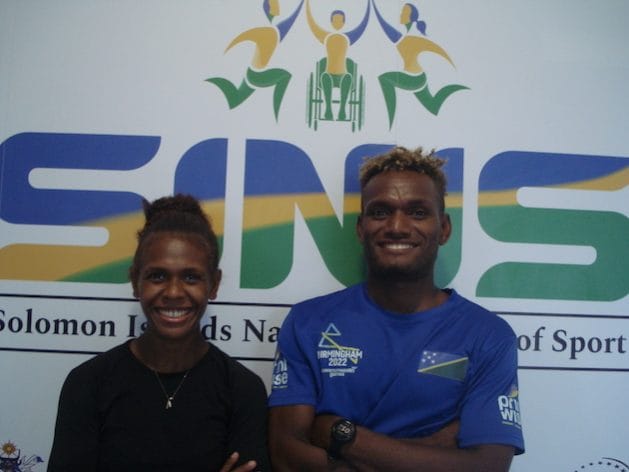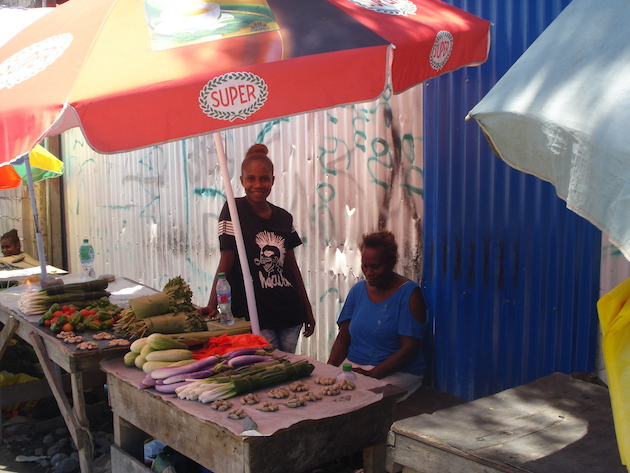

The total dollar amount of scholarships offered by AACSB member schools globally has increased … [+]
getty
An MBA is an investment in both your time and money. Data from the Education Data Initiative reports that the average cost of an MBA in the United States is $61,800 – certainly not small change for anyone.
And if you want to study at the top business schools in the country, you’re looking at more than double for the privilege. Harvard Business School estimates a budget of around $225,000 for two years of tuition, health insurance, rent and living expenses.
The typically shorter programs of Europe and Asia Pacific may not be as expensive, however top business schools in these regions still charge at the higher end of the spectrum, with schools like IMD’s MBA priced at CHF 97,500 (US$111.4K), INSEAD’s MBA at just over €90,000 (US$98.2K) and London Business School priced at £115,000 (US$145.5K).
It’s no wonder the decision to pursue an MBA is one that is thought about for years, not months. It’s a major investment in your future, and the return on investment both personally and professionally is compelling as the Forbes MBA ranking confirms. So taking the time for financial planning is essential.
However, for many the cost is prohibitive. Talented professionals with huge potential may hesitate, and many of these often fall disproportionately into underrepresented groups.
To tackle this and ensure that gifted professionals from all walks of life are able to apply and secure a spot on MBA programs, business schools are increasingly launching tailored scholarships to reduce the financial burden.
MORE FOR YOU
Data from the business school accreditation body, AACSB, shows that the total dollar amount of scholarships offered by AACSB member schools globally has increased nearly 16% over the last five years, from US$416,341,425 in 2018-19, to US$482,708,467 in 2022-23. And with business schools increasingly valuing diversity in the MBA classroom, the number of available scholarships is likely to continue to grow.
November is National Scholarships Month, so here are some of the scholarships launched by business schools, and how they are helping an ever widening group of individuals to gain an MBA.
Scholarships for women
According to the Graduate Management Admission Council (GMAC) 2023 Application Trends report, women accounted for 40 percent of applications to business schools worldwide, and there has not been much movement since 2014. However, among the top U.S. and European schools there gender gap is closing.
Wharton was the first among the M7 schools – that also include HBS, Stanford GSB, Chicago Booth, Columbia, MIT Sloan and Northwestern Kellogg – to achieve gender balance, with the incoming MBA class in 2021 including 51.6% women. The school has maintained at least 50% women in the two subsequent years.
“We can create a truly diverse community with a multitude of backgrounds. We hope that by striving … [+]
Fisher Studios
Saïd Business School at the University of Oxford has also announced that this year’s MBA intake is 51% female, the first time one of Europe’s top 10 MBA programs has welcomed more women than men.
“We can create a truly diverse community with a multitude of backgrounds,” says Kathy Harvey, Associate Dean, MBA and Executive Degrees at Oxford Saïd. “We hope that by striving for equality in our community, our graduates will go on to champion this throughout their careers.”
The Saïd Business School is among many business schools that partner with the Forte Foundation, a non-profit organization that offers female applicants a scholarship to study at some of the best MBA programs around the world.
Applicants can be from anywhere globally, applying to any MBA program that offers the Forte Fellowships for women – of which more than 55 of the world’s leading MBA programs do, including the likes of Harvard, NYU Stern, Berkeley Haas, Yale SOM and Toronto Rotman in North America, and Cambridge Judge Business School, IE Business School and Alliance Manchester Business School in Europe.
The Forte scholarships give the opportunity for more women to secure an MBA – a stepping stone for future business leadership. Ellis Sangster, CEO of the Forte Foundation, believes that the flexibility of programs has helped boost female numbers. “Changes in curriculum, teaching methods, and technologies have influenced women’s participation and success in business education. Technological advancements have likely facilitated remote and hybrid learning, providing more flexibility and accessibility for women pursuing business education,” says Sangster.
But it is not only third-party organizations that offer female-focused scholarships. Business schools such as Emory’s Goizueta Business School in Atlanta launched a $5million endowment for women to increase female leadership representation, Chicago Booth School of Business launched the Wallman Fellowship, providing full tuition to outstanding female applicants, and Vlerick Business School, in Belgium recently launched their female empowerment scholarship for MBA programs.
Scholarships for minorities
In 2022, 20 of the top 30 US business schools saw a decline in the number of minority participants on their programs. The schools agree that for participants to get the most out of the time on an MBA, a diverse class is essential to ensure that participants face a challenge to their own worldviews, perspectives and ideas.
As Curtis Johnson, a Wharton MBA who is now a Brand Strategy Executive at the Walt Disney Company explains in an interview with BlueSky Thinking, “I struggled with feeling a sense of belonging and the notion that I had something to prove. MBA programs aspire to a culture where students easefully explore each others’ experiences and worldviews. It’s beautiful conceptually – in practice, I was expected to enter into the world of my classmates much more than they would traverse into mine.”
Alexandra Whitford is a recipient of a Black Future Leaders Scholarship, launched by Imperial … [+]
www.jasonalden.com
African-American students in the US made up just 8% of MBA seats in 2021, and the picture isn’t much better in Europe. One business school offering scholarships specifically to young, black talented professionals is Imperial College Business School, in London. In 2021, the business school launched its Black Future Leaders scholarship – offering 50% tuition fee to black applicants demonstrating an outstanding track record of leadership or leadership potential.
Alexandra Whitford, a current Masters in Management student at Imperial College Business School and Black Future Leaders scholar, says that the scholarship has been incredibly impactful. “It has provided direct exposure to business networks that would otherwise be daunting to approach as an outsider or difficult to access due to a lack of network,” Whitford says.
Whitford, who is of both British and Malawian heritage, believes that scholarships can be drivers of progress. However, “this interpretation may naively overlook multiple forms of disadvantage or prevailing attitudes that scholarships cannot address in the long term, and there may be bigger policy initiatives needed to get to the root of this social issue,” she says.
Other scholarships focused on ethnicity include those of the National Black MBA Association, a collegiate partnership program offering scholarships to study at some of the most prestigious business schools in the US; Prospanica’s University Partnership Program, a non-profit dedicated to developing Hispanic talent; United Nations Development Program (UNDP) – Africa Program, with which Bradford School of Management recently announced eight fully funded postgraduate scholarships.
Scholarships for LGBTQ+ communities
According to data from Reaching Out MBA (ROMBA) – a non-profit organization offering scholarships to top business schools for LGBTQ+ applicants – only 2.94% of MBA students self-identify as LGBTQ. The ROMBA scholarship educates, inspires, and connects an increasingly diverse LGBTQ+ MBA community, and offers students discount to many top business schools, including Tepper School of Business, MIT Sloan and Duke Fuqua.
“By creating specific scholarships for the LGBT+ community, schools not only attract a diverse pool … [+]
ESMT Berlin
The success of this LGBTQ+ scholarship has acted as inspiration for other business schools launching similar initiatives. For instance, ESMT Berlin, in Germany, recently launched its Rainbow Scholarship – offering an MBA discount to LGBTQ+ students who’ve contributed to LGBTQ+ causes and impacted the community. Alan Wang, Full-Time MBA participant at ESMT Berlin and Rainbow scholar says that the scholarship is “more than just a form of financial assistance. It is a badge that serves as a constant reminder of the value and strength found in authenticity and diversity.”
Wang believes “it’s crucial for other schools to launch scholarships like these, particularly if they are committed to fostering diversity and inclusivity. By creating specific scholarships for the LGBT+ community, schools not only attract a diverse pool of talented individuals but also reinforce their commitment to social justice and equality.”
Other initiatives focused on LGBTQ+ participants include the IMPM – an Executive Diploma in Global Management from five top international universities, including Canada’s McGill University’s Desautels Faculty of Management – LGBTQIA+ scholarship, as well as the Point Foundation scholarship, a non-profit organisation who offer LGBTQ+ individual’s scholarships to study at top US business schools, and the University of Edinburgh Business School’s Somewhere MBA LGBTQ+ scholarship.
Socio-economic scholarships
It’s not just ethnicity, gender or sexual orientation that warrants a scholarship to an MBA program. Many business schools understand that those who face the biggest challenge financially in applying to an MBA are those from lower socio-economic backgrounds, who are just as talented as other professionals, but are much more likely to face financial burden from applying to business school. France’s emlyon business school recently launched a new scholarship based on social criteria, which is open to all Masters in Management (MiM) students. The scholarship offers up to 100% of tuition fees for students with financial difficulties, with the mission to support young people who are most in need.
Bénédicte Bost, Director of Sustainability and Social Responsibility at emlyon business school, believes that it is the business schools’ duty to focus on social inclusion, “so that talented students are not prevented from accessing higher education because of their social or geographical origins,” she explains, “The initiative allows students to grasp the full range of possibilities when building their career paths.”
“Scholarships will have a real long-term impact on these students and their personal fulfilment, the … [+]
GMAC
Another scholarship focusing on improving opportunities for those from diverse backgrounds at business school is the recently launched GMAT Talent and Opportunity Scholarship, by the Graduate Management Admissions Council (GMAC). The scholarship is targeted at anyone from an underrepresented group, including women, people with disabilities, ethnic minorities, those who are socio-economically diverse, LGBTQ+ and non-binary candidates.
The scholarship funds part of the application process to a business school of the applicants choosing. The 10 scholars for the first cohort benefit from the Fortuna Ignite program, working with former Directors of MBA Admissions from the top US and European business schools. The scholarship aims to bridge the gap from business schools wanting more diverse students, but diverse students often facing a financial barrier to entry.
“We recognised that while that many business schools and companies are seeking diverse talent – the journey to some of those opportunities can also be fraught with challenges, so our aim was to help alleviate some of those financial and advisory challenges, by supporting the candidates on that pathway, giving them more of equal footing,” says Nalisha Patel, Regional Director for Europe at GMAC. With these students already applying for business schools, Patel believes that “this signals that the scholarship will have a real long-term impact on these students and their personal fulfilment, the learning of their peers, the ecosystem of their business schools, the companies they work for and hopefully therefore society as a whole.”
Other business school initiatives focused on socio-economic backgrounds include the Paul & Daisy Soros Fellowship for New Americans, which supports immigrants and their children as they pursue graduate education; the Flywire Charitable Foundation scholarship, which aims to improve equality, access and affordability for underrepresented individuals and communities working with schools like NEOMA Business School, in France; as well as London Business School’s Sloan Advancing Social Mobility Scholarship, aimed at candidates from diverse socio-economic backgrounds, who face financial hardship.
Industry-focused scholarships
Traditionally, business schools often see the majority of their MBA alumni transition into the similar industries, such as finance and banking, accounting and consulting. However, that is increasingly changing, and more and more participants are using their MBAs to launch their own ventures post-studying. In fact, research by Vlerick Business School found that around half of all business school students wanted to launch their own business one day.
In order to attract would-be entrepreneurs to MBA programs, schools like Porto Business School, in Portugal, are launching scholarships aimed at individuals who want to pursue an MBA degree and have a strong motivation to start or develop their own business ventures. The Entrepreneurship Scholarship empowers aspiring entrepreneurs, “with the goal of individuals not only launching successful ventures, but also bringing fresh ideas and competitive dynamics to the marketplace, stimulating economic growth and fostering a culture of continuous learning and adaptation in business practices,” says Jose Esteves, Dean of Porto Business School.
“The International MBA at Porto Business School offers more than 10 different scholarships to … [+]
Porto Business School
Luís Fernandes, a Digital MBA student at Porto Business School and entrepreneurship scholar, believes that scholarships like this help to alleviate the three biggest challenges of MBA; the time it consumes, the challenging nature of the programme and the cost. “These 3 variables could leave most people out, so I think having these scholarships really increases the range of candidates. Therefore, with more candidates, we have different points of view, backgrounds, ideas, and diversity. And together we can create better entrepreneurial ventures and business leaders to build a better world,” says Fernandes.
Other scholarships focused on encouraging more graduates to go into diverse and less traditional career paths include the Non-profit Management Scholarship at Vanderbilt University’s Owen Graduate School of Management, the Healthcare Scholarship at Kellogg School of Management, and the Climate Leaders Scholarship at the University of Sussex Business School, in the UK.
With tough economic conditions, finding a scholarship to help alleviate some of the cost of business school could be the deciding factor to applying for business school – it’s certainly worth exploring all options out there.

